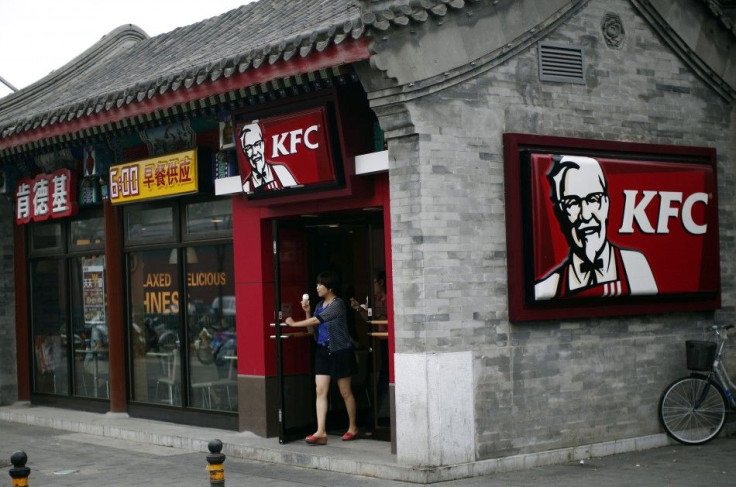KFC & McDonald’s Accused of Serving ‘Expired’ Meat to Customers

McDonald's and KFC workers allegedly kept food on the floor before serving their customers. They have also been accused of mixing fresh meat with "expired" meat.
The alleged incident took place in China as Chinese regulators closed down a local supplier of meat after a TV report apparently exposed the workers while they did such things. Both Yum Brands Inc. (KFC) and McDonald's apologised to their patrons on Monday, July 21. The companies said that they would discontinue transactions with the concerned supplier.
The TV report primarily focused on Yum and McDonald's. This happens to be a major blow for Yum as it had to face harsh criticism in 2012 when it was discovered that the company pumped chickens with excessive dosage of antibiotics. The main issue this time is not directly related to the fast food giants. It is related to OSI Group LLC, the U.S.-based company which is the food supplier to these companies. It is OSI which is accused of the wrongdoings even though the TV report focused the attack mainly on the more reputed companies. It is not yet confirmed if OSI provided products to other companies as well.
These two companies top the sales in the Chinese fast food market with $174 billion revenue. However, the companies may face difficulty as local companies manage to lure customers with lower price and healthier home-grown food. According to China Market Research Group's Benjamin Cavender, both the companies may find it difficult. "I don't know that this is something an apology can fix so easily, because at this point people don't have a whole lot of trust that they have good systems in place," Cavender added.
An OSI official in China said that the company was in the process of investigating the issue with the help of the local government. The company, which earned more than $5 billion revenue in 2012, has been the food supplier in China for Yum since 2008 and for McDonald's since 1992.
Contact the writer: s.mukhopadhyay@ibtimes.com.au





















